Cheap cleaning
bry84
17 years ago
Related Stories
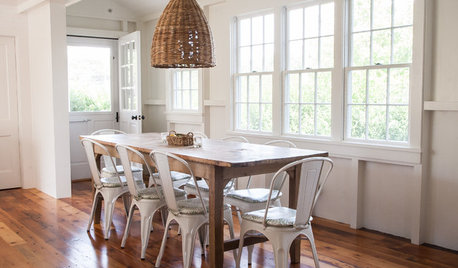
BUDGET DECORATING15 Ways to Ready a Summer Home on the Cheap
Set up a comfy getaway where stress goes down the drain, without sending wads of cash along with it
Full Story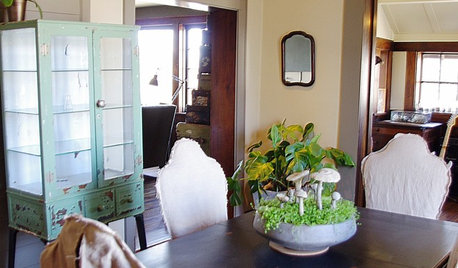
BUDGET DECORATINGBudget Decorator: 12 Cheap and Chic Fall Centerpieces
Some of the best things in fall are free (or nearly so) and make for beautiful, meaningful displays to brighten a table
Full Story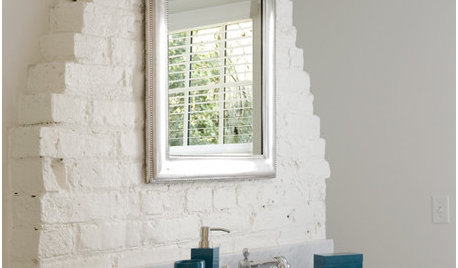
BATHROOM DESIGN15 Cheap and Easy Ways to Makeover Your Bathroom
Makeover Magic Can Happen When You Think Outside the Bathroom Box
Full Story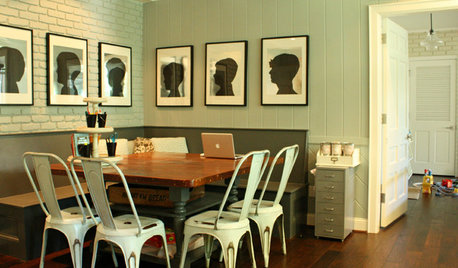
BUDGET DECORATING10 Beautiful, Decorative Gifts to Make on the Cheap
Save money while spreading the love with these personal DIY projects (pssst ... you can even keep them for yourself)
Full Story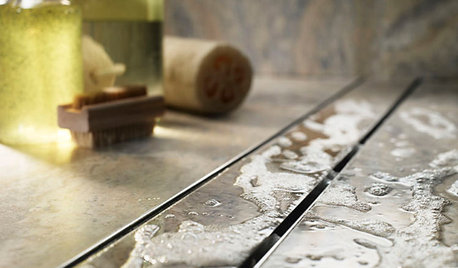
HOUSEKEEPING12 Cleaning Projects That Go a Little Deeper — Naturally
Eucalyptus oil for germy door handles. Baking soda for oven grime. Here are nontoxic solutions for often-overlooked cleaning jobs
Full Story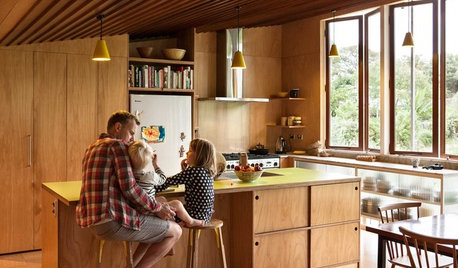
MOST POPULAR33 Magic Household Cleaning Tips
Houzzers from around the world share their tips for transforming housework into child’s play
Full Story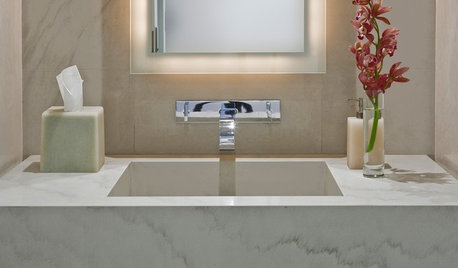
BATHROOM DESIGNGreen and Clean: Sleek Water-Wise Bathroom Fixtures
By choosing ecofriendly faucets, showerheads and even toilets, you can save loads of water and money without sacrificing style
Full Story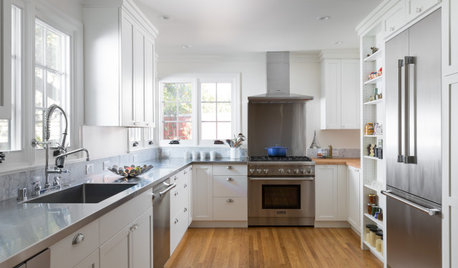
HOUSEKEEPINGHow to Clean Stainless Steel
Protect this popular kitchen material with a consistent but gentle cleaning routine
Full Story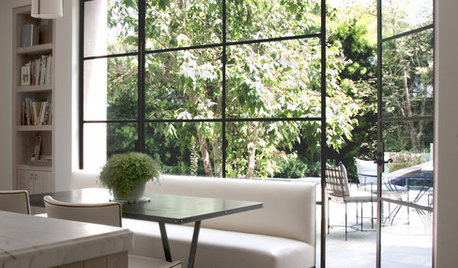
HOUSEKEEPINGThe Best Way to Get Your Windows Spotlessly Clean
Learn the pros’ tips and tricks for cleaning windows and getting them streak-free
Full Story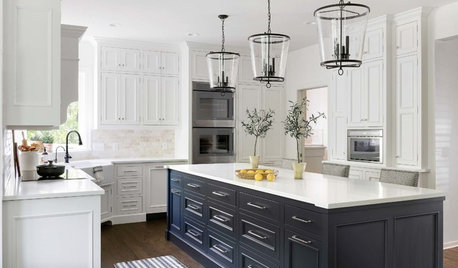
CLEANINGEco-Friendly Tips and Tricks for Cleaning Your Home
Are you wary of using chemicals to clean? These simple products and tricks will keep your home spotless naturally
Full StorySponsored
Franklin County's Custom Kitchen & Bath Designs for Everyday Living



azzalea
krustytopp
Related Discussions
Pots on Parade - Reprise
Q
ace hardware 313777 0122-e1
Q
how to clean cheap wall picture...?
Q
What to use to repair dog dugout by foundation?
Q
grainlady_ks
rushmom3
Bumblebeez SC Zone 7
grainlady_ks
lexie
jannie
steve_o
bud_wi
oakleif
marie26
jammyjenny